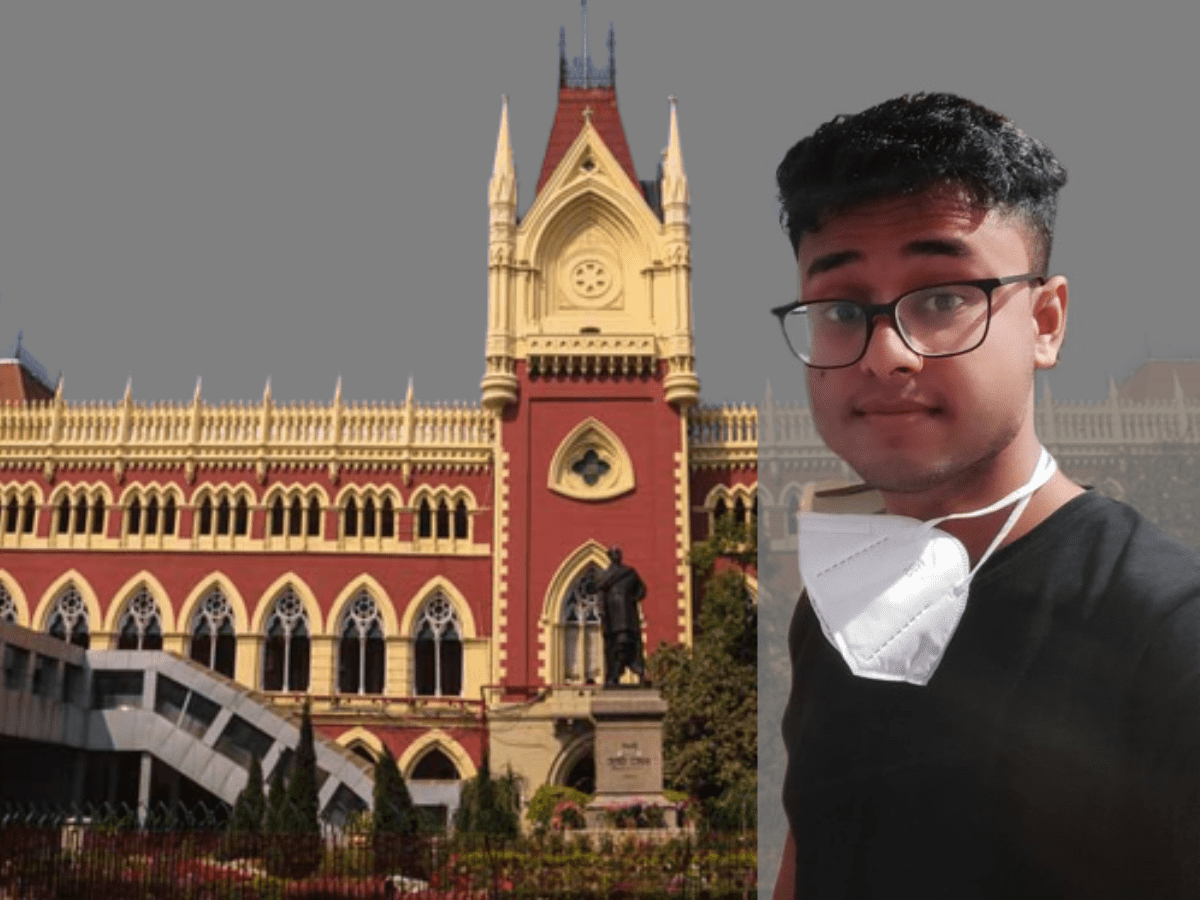
Kolkata: The Calcutta High Court on Tuesday ordered exhumation and a second post-mortem examination of IIT Kharagpur student Faizan Ahmed’s body, which was buried in his home state Assam six months ago, saying that it is necessary to bring out the truth behind his death.
The father of the third-year student had moved the court seeking formation of a special investigation team (SIT) to probe into the death of Ahmed. His body was found in his hostel room at IIT Kharagpur in West Bengal’s Paschim Medinipur district on October 14, 2022.
“The body of the victim Faizan Ahmed is ordered to be exhumed,” Justice Rajasekhar Mantha directed, holding that a second post-mortem examination is “vital and necessary for arriving at the truth behind his death.”
He directed that the second post-mortem of the body of Ahmed, a mechanical engineering student who hailed from Tinsukia in Assam, be conducted at the state-run Medical College and Hospital, Kolkata, after exhumation.
Noting that an affidavit of Ahmed’s parents consenting to the exhumation and a second post-mortem has been filed in court, Justice Mantha directed the investigating officer to coordinate with Assam Police for the exhumation and ordered that the West Bengal police will bring the body to Kolkata.
Justice Mantha directed that Dr Ajoy Kumar Gupta, a forensic expert appointed by the court for his opinion on the likely cause of death of Ahmed, will conduct the post-mortem examination in the presence of doctors who conducted the previous autopsy.
Adjourning the hearing in the matter till June 13, the court directed that the exercise be completed within one month from the date of order.
Gupta, a retired forensic expert of the state CID, stated in a preliminary report filed before the court that two injury marks on the back of the head of the victim were not mentioned in the first post-mortem examination report.
It said that some cut marks on the arms of the body were inflicted after the student’s death.
The police had mentioned seizure of a chemical called Emplura (sodium nitrate) in a bottle from the student’s hostel room.
Court-appointed amicus curiae Sandip Bhattacharya submitted that sodium nitrate, a yellowish powder, is normally used to preserve meat.
There was some yellowish residue in a bucket found by Gupta and Bhattacharya during their visit to the room, the report stated.
It was stated before the court that when a body decomposes, it is impossible that the fellow inmates of the hostel would not be able to detect it, but there was mysteriously no smell from the body for three days.
“The presence of this chemical Emplura opens up serious questions as regards the time of death and whether it may have been used to preserve the body after the death of the victim,” Justice Mantha observed.
